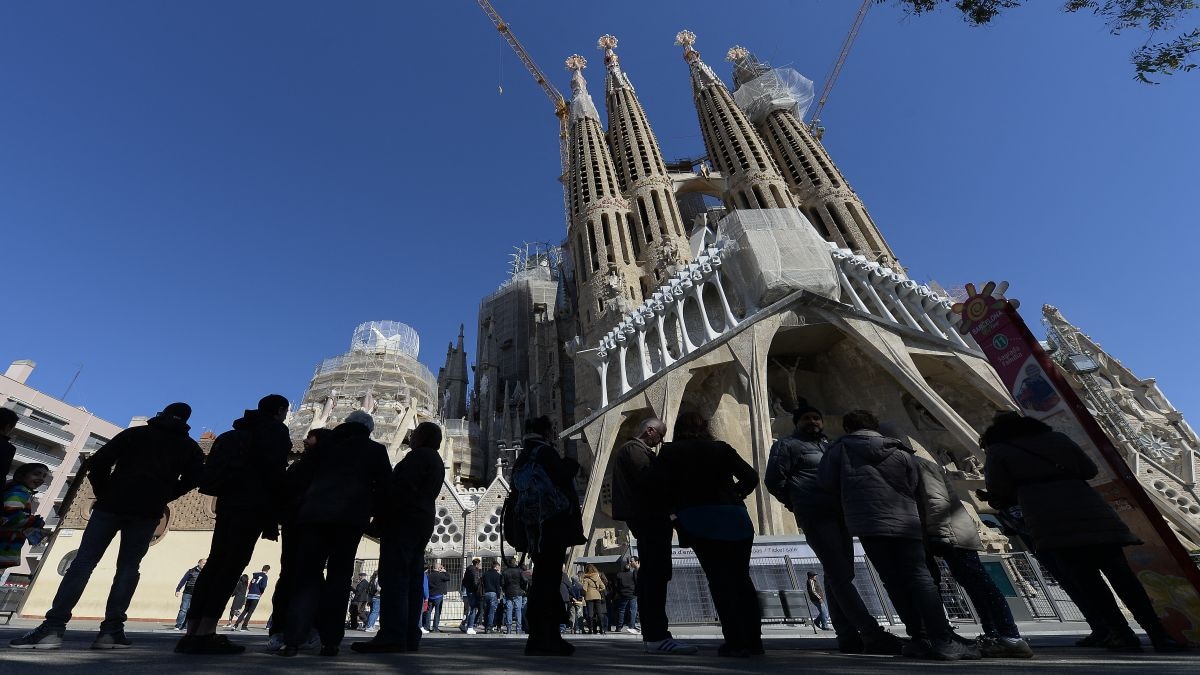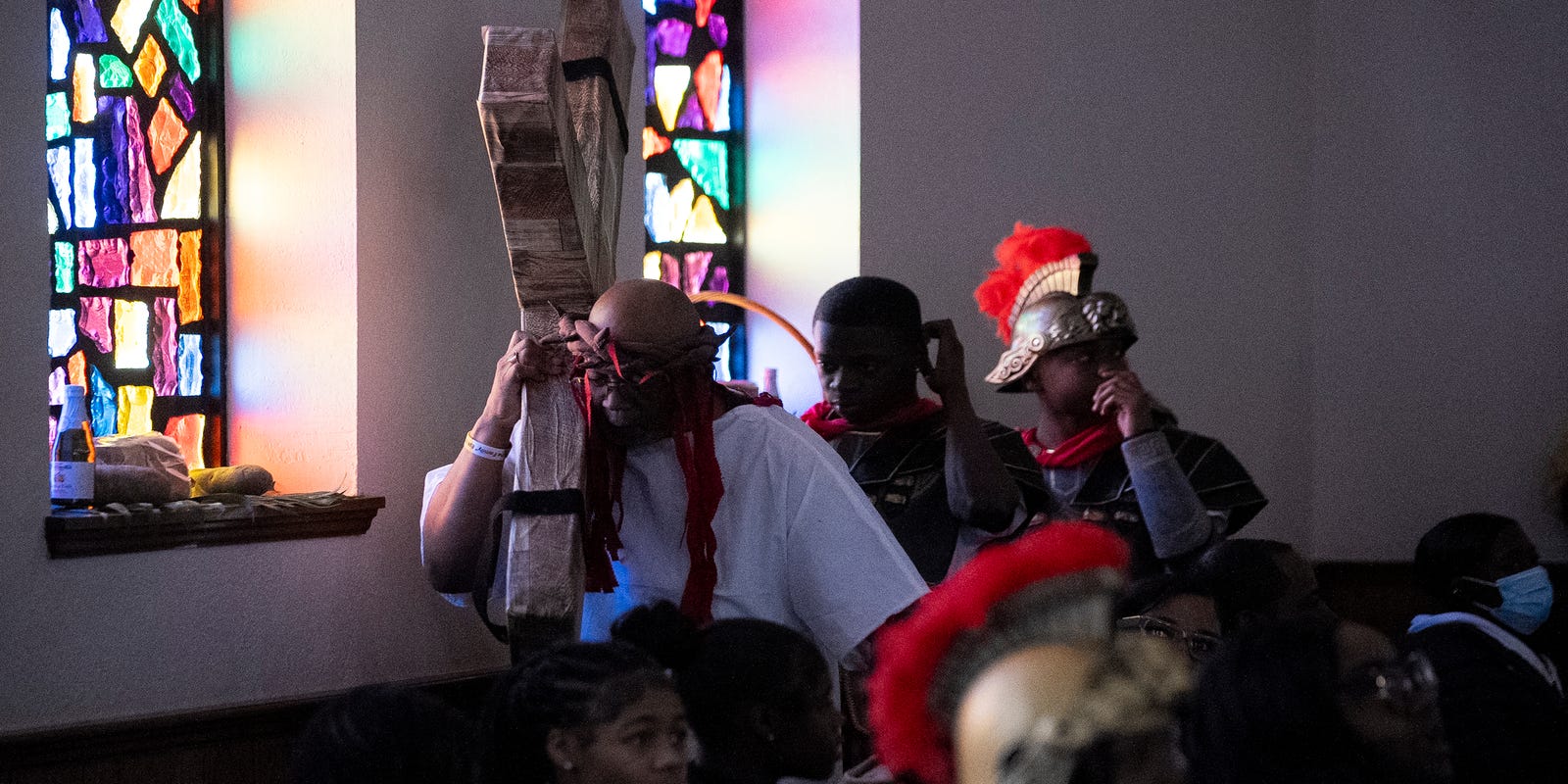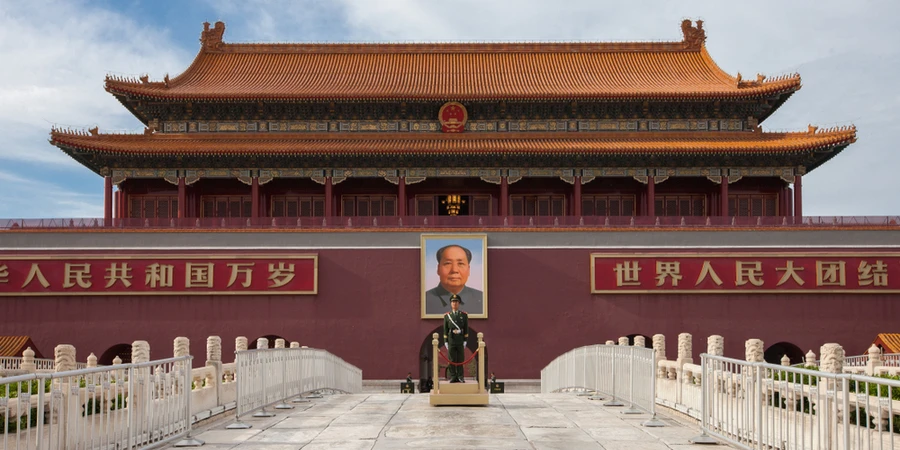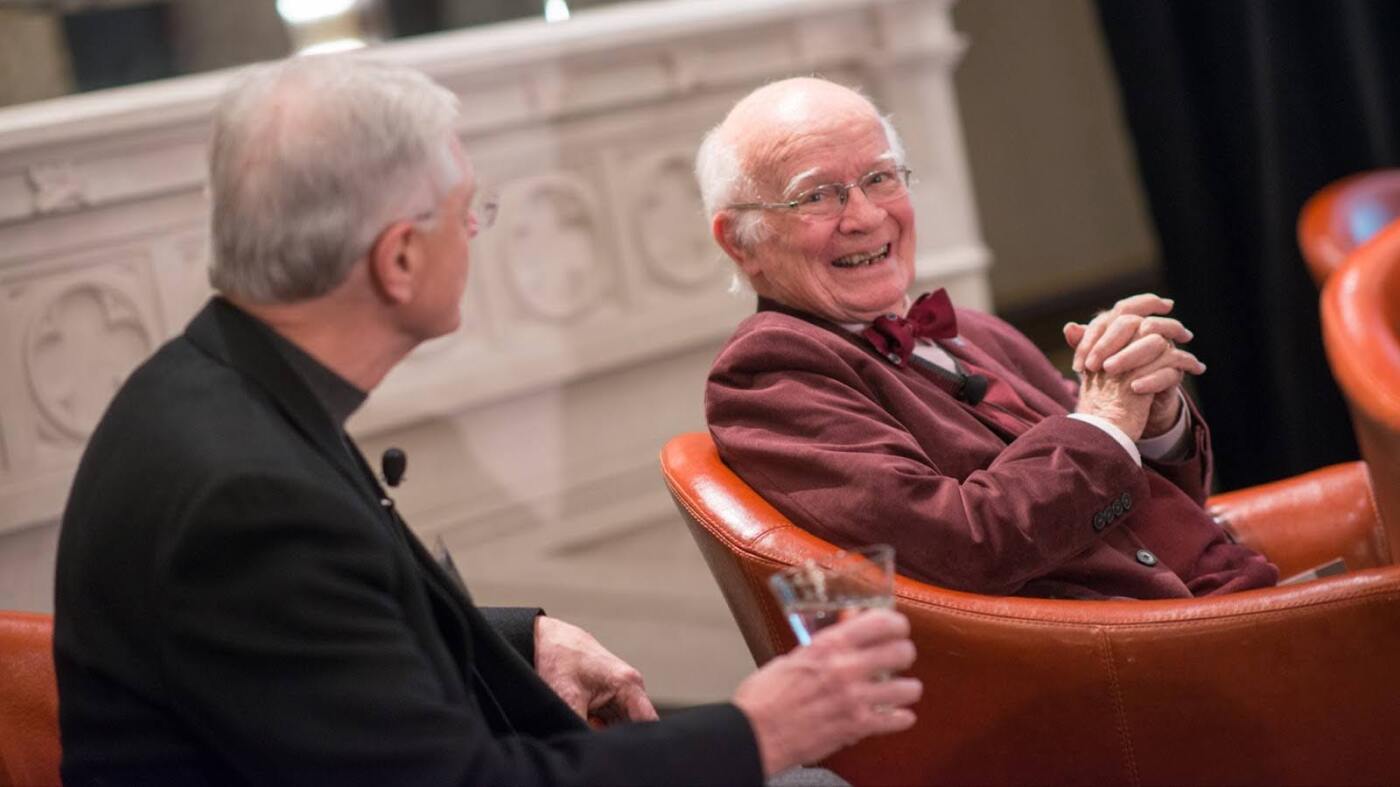Faith Fade: How Gen-Z and Millennials Are Redefining Spirituality in America
Religion
2025-04-18 06:54:12Content

A recent Gallup survey reveals a striking trend among younger generations, highlighting a significant shift in religious affiliation. The study uncovered that nearly one-third of both Generation Z and millennials are now identifying as religiously unaffiliated, with 34% of Gen Z and 30% of millennials reporting no religious association.
The Shifting Spiritual Landscape: Gen Z and Millennials Redefining Religious Engagement
In an era of unprecedented digital connectivity and global cultural transformation, younger generations are challenging traditional notions of religious affiliation and spiritual identity. The emerging patterns of religious disengagement among Generation Z and Millennials represent a profound societal shift that demands nuanced understanding and critical examination.Navigating Spiritual Uncertainty in a Complex World
Generational Perspectives on Religious Belief
The contemporary religious landscape is experiencing a seismic transformation driven by younger demographics. Recent comprehensive research conducted by Gallup reveals a striking trend: approximately one-third of Generation Z and Millennial populations are consciously choosing to distance themselves from organized religious institutions. This phenomenon transcends mere statistical observation, representing a deeper philosophical and cultural recalibration of spiritual engagement. Emerging generations are increasingly characterized by their skepticism towards traditional religious frameworks, preferring instead more personalized, fluid approaches to understanding existential questions. The decline in formal religious participation reflects a broader societal movement towards individualized spiritual exploration, where personal experience and critical thinking take precedence over institutionalized doctrines.Factors Influencing Religious Disengagement
Multiple interconnected factors contribute to this remarkable trend of religious non-affiliation. Technological advancement, global interconnectedness, and exposure to diverse philosophical perspectives have fundamentally reshaped how younger individuals conceptualize spirituality. The internet has democratized access to information, enabling critical examination of religious narratives and facilitating exposure to alternative worldviews. Educational systems emphasizing scientific reasoning and critical thinking have also played a significant role in this transformation. Young people are increasingly equipped with analytical tools that encourage questioning established belief systems, leading to more nuanced and personalized spiritual perspectives that may not align with traditional religious structures.Psychological and Social Implications
The movement away from organized religion represents more than a statistical trend; it signifies a profound psychological and social recalibration. For many young individuals, spiritual identity is no longer defined by institutional membership but by personal values, ethical considerations, and lived experiences. This shift challenges long-standing societal assumptions about the role of religion in personal and collective identity. The emerging paradigm suggests a more fluid, adaptable approach to understanding human spirituality, where individual autonomy and personal growth take precedence over rigid doctrinal adherence.Global Cultural Dynamics
While the Gallup study provides insights into Western demographic trends, this phenomenon of religious disengagement is not geographically isolated. Across diverse cultural contexts, younger generations are demonstrating increased comfort with spiritual ambiguity and a preference for personalized meaning-making. The implications of this trend extend far beyond religious institutions, potentially reshaping social structures, political landscapes, and cultural narratives. As traditional religious frameworks lose their monopoly on moral and existential discourse, new platforms for understanding human experience are emerging.Future Trajectories
Understanding this generational shift requires nuanced, empathetic analysis. Rather than viewing religious disengagement as a decline, it might be more productive to recognize it as a transformation—a dynamic reconfiguration of how humans seek meaning, connection, and transcendence in an increasingly complex world. The ongoing evolution of spiritual engagement among younger generations promises continued fascinating insights into human cultural adaptation, challenging us to remain open, curious, and responsive to emerging patterns of belief and understanding.RELATED NEWS
Religion

Faith, Flags, and Findings: What Americans Really Believe About Religion
2025-02-26 11:31:03
Religion

Beijing's Iron Grip: How New Religious Laws Slam the Door on Foreign Missionaries
2025-04-03 17:30:00
Religion

Faith in Education: Could Spiritual Revival Be the Classroom Cure Lawmakers Are Seeking?
2025-03-31 03:06:00





